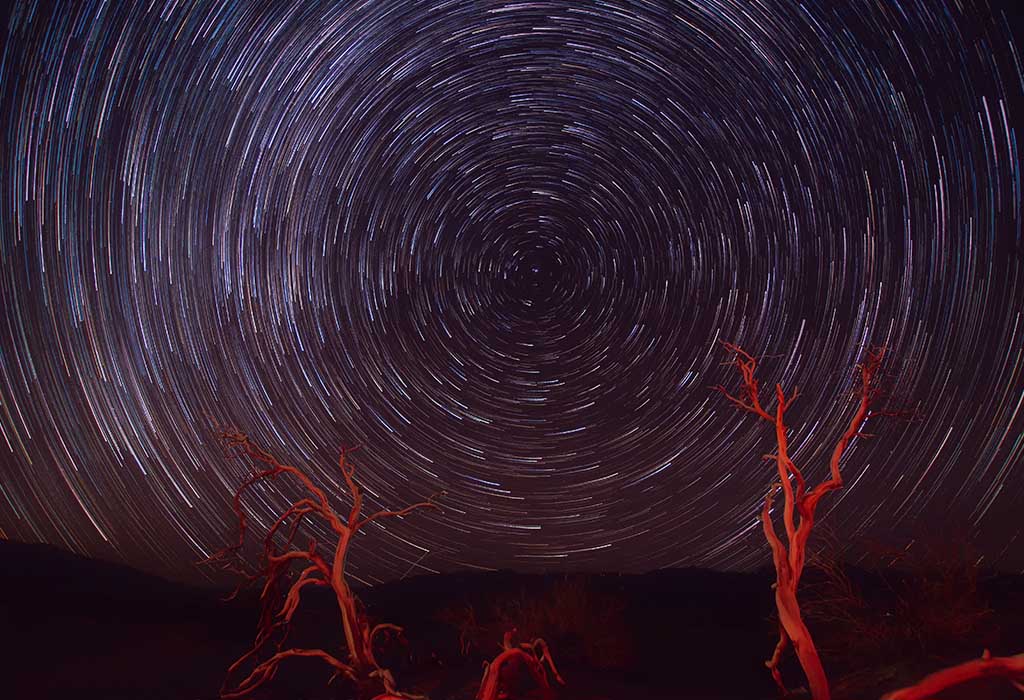Every point in the universe was at one point, the center of the universe.
The acceleration question actually has two parts.. One I understand, the other I'm still working on.
Type 1a SuperNova are standard candles.. this is because 1a SN are caused by binary systems where a white dwarf sucks hydrogen from a nearby companion star and explodes when it reaches critical mass, which is nearly the same for all white dwarfs..
There is new space being created between galaxies, and that new space is created at a constant rate. This new space isn't the result of the galaxies moving apart from each other, it is the cause of the galaxies moving away from each other.
This new space is being created at a rate of about 45 something miles per second per 3.3 million light years of distance. ( had to look that one up)..
Funny coincidence, with measurement error, the answer to the universe might really be 42 ! LOL
Because new space is being created at that rate, as it is created, the distance between objects increases, which means more new space is available to create more new space, hence, the acceleration is speeding up. This is a bit like interest on your bank account.. as your account accrues interest, there is more money in the account which accrues more interest.. the end result is that your money grows faster and faster.
When they say "the universe is expanding", people think the motion of the galaxies are moving them further apart from each other, but the strange reality is that the galaxies are not actually moving with any significant speed, the space between them is increasing because new space is being created between them.
Imagine a large rubber sheet.. using a crayon to draw galaxies randomly spaced on the sheet, you get a diagram of the universe. Now grab the sheet from the edges and stretch it out.. Make the 10ft diameter rubber stretch to 20 feet diameter. All the galaxies you drew on it are now further apart, but the drawings didn't actually move..
Overly simplistic to a point of almost being faulty, but the concept is sort of the same.. The galaxies are not racing outward, new space is being created between them.
I would surmise that another way to measure this expansion would be to measure the hydrogen between galaxies. Space isn't empty, its filled with stray atoms like hydrogen and helium, and that density is pretty uniform. Measuring the intergalactic density would/should tell us how much new space is being created as well as the distribution of that space. As new space is created, the density of that space should decrease.
Of course, this assumes that when new space is created, it is devoid of the normal stray hydrogen and other boson matter.
On a personal note: My totally unqualified opinion is that we are going to discover that both dark energy (expansion of the universe) and dark matter (unexplained gravity), are both going to be reconciled at the same time when we discover that we didn't account for some space-time effect.. I predict we will discover our measurements are skewed because of a subtle effect that the fabric of space has on the perceived speed of light.
For example, the wavelength of light might be stretched by the effect mass has on the space-time it distorts. Mass distorts space and time, and since frequency is a measure of time, the Doppler frequency we measure may be skewed in a way we have failed to predict.
We have invested billions upon billions of dollars into searching for dark matter, and to date, we have exactly zero. We have used super computers to run hypothesis, and one guess after another, and we come up with nothing.
We can not see it, we can not detect it directly, and yet is supposedly makes up the vast majority of all gravity and mass.. and the explanations make no sense at all.. They basically boil down to "its heavy but it doesn't clump together".. which triggers my BS detector.






